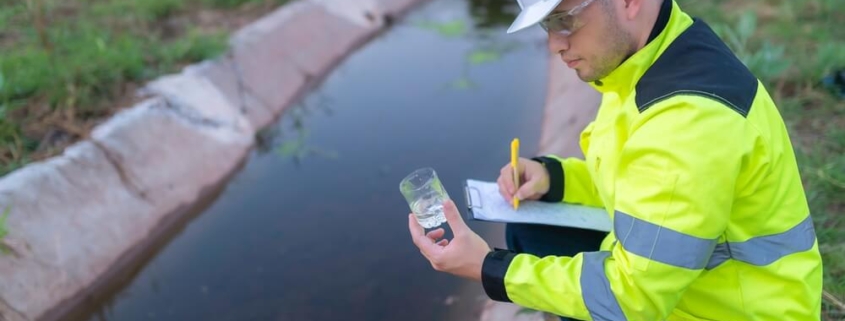Environmental Liability in Maryland Commercial Real Estate: What Buyers Need to Know
When considering a commercial real estate purchase in Maryland, it’s crucial to understand the implications of environmental liability. These liabilities can significantly affect the value and usability of a property, potentially leading to unexpected legal and financial challenges.
Understanding Environmental Liability in Real Estate Transactions
Environmental liability means being legally responsible for cleaning up contamination on a property. This can involve pollutants in the soil, air, or water that come from hazardous materials or waste. When you buy commercial real estate, you could inherit these problems, which might lead to expensive cleanup efforts and legal headaches. So, it’s important to understand what environmental liabilities might be lurking in a property you’re considering.
For example, if a previous owner used the property for industrial purposes and left behind toxic chemicals, you, as the new owner, might have to deal with that mess. This could include removing contaminated soil or installing systems to treat polluted groundwater. Such tasks are not only costly but can also delay your plans for the property.
Knowing about potential environmental liabilities before you buy can save you a lot of trouble. It’s important to conduct proper research and inspections to identify any issues upfront. By doing so, you can either negotiate a better deal or decide if the property is worth the risk.
Key Environmental Laws and Regulations in Maryland
Maryland has several important laws and regulations to protect the environment and public health, which can impact commercial real estate transactions. One key piece of legislation is the Maryland Environmental Policy Act. This law requires state agencies to consider environmental factors when planning projects, ensuring that potential impacts are addressed upfront.
Another significant regulation is the Maryland Department of the Environment’s oversight of hazardous waste and substances. This department sets rules for handling, storing, and disposing of hazardous materials to prevent contamination. If you’re buying commercial real estate, it’s crucial to understand these regulations, as non-compliance can lead to severe penalties and cleanup costs.
On the federal level, the Comprehensive Environmental Response, Compensation, and Liability Act, also known as Superfund, is highly relevant. CERCLA holds property owners accountable for cleaning up contaminated sites, even if they did not cause the pollution. This makes it essential to identify any environmental issues before purchasing a property.
The Role of Environmental Site Assessments
Environmental Site Assessments play a vital role in identifying potential environmental risks on a property. An ESA involves a detailed examination of the property’s history and current conditions to detect any signs of contamination. This process can include reviewing historical records, conducting site inspections, and sometimes even sampling soil or water.
Conducting an ESA before purchasing commercial real estate helps buyers understand what environmental issues might be present. This knowledge allows buyers to make informed decisions and negotiate better terms with the seller. For example, if an ESA reveals soil contamination, you might ask the seller to lower the price or clean up the site before finalizing the deal.
ESAs also offer protection against future liabilities. If you unknowingly buy a contaminated property, having an ESA report can demonstrate that you performed due diligence, potentially qualifying you for certain legal protections. These assessments are an essential tool in avoiding unexpected environmental problems and ensuring that your investment is sound.
In essence, ESAs help you uncover hidden risks and provide a clearer picture of the property’s condition, making them a crucial step in the commercial real estate buying process.
Liability Protections for Innocent Purchasers
If you unknowingly buy a property with environmental issues, there are protections that might help you. Under certain federal and state laws, you can be considered an “innocent landowner,” which can reduce your liability for cleanup costs. However, to qualify for these protections, you need to show that you did your homework before buying. This means conducting an Environmental Site Assessment and ensuring you had no prior knowledge of the contamination.
By performing due diligence, you can safeguard yourself from unexpected legal and financial burdens. These protections are designed to help responsible buyers who acted in good faith and took necessary steps to investigate the property. Consulting with an experienced environmental attorney can also help you understand these protections better and guide you through the process.






